Winning the Future Over
Who Should Be Teaching Our Children?
“There was no money for resources like blackboards, so Aqeela stitched pieces of cloth with handwritten text to the tent walls and wrote books by hand at night. Her students traced their first words in dust on the floor.”
Now in its fourth year, the Global Education & Skills Forum (GESF), convened by the Varkey Foundation and held under the patronage of His Highness Sheikh Mohammed bin Rashid Al Maktoum, Vice President and Prime Minister of the UAE and Ruler of Dubai, has debated how education can be made everyone’s business.
Education certainly is a mother’s business, and teachers are the essence of a successful learning environment. Whether you are assessing teachers at your child’s school or looking at a career in education, you can draw inspiration from the three female candidates at the Top 10 GESF Global Teacher Prize.
Decoding Mathematics
Maarit Rossi
Kartanonranta School, Finland
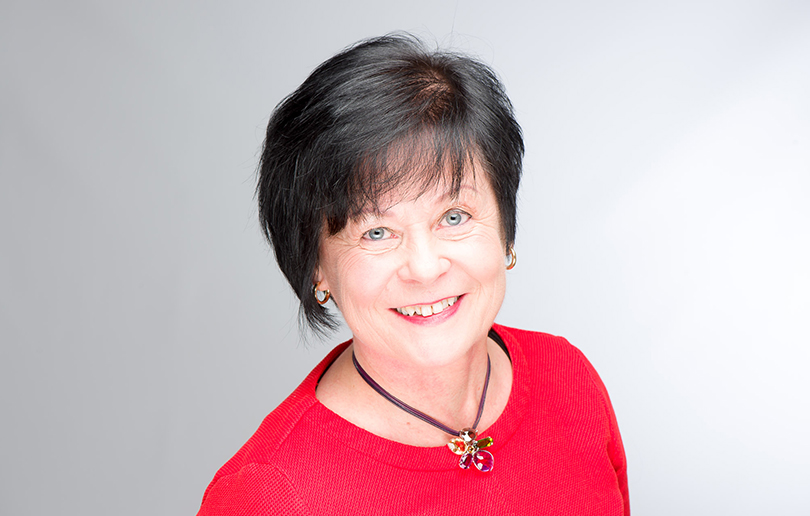
Maarit experienced an epiphany following a constructive learning seminar at Leeds University she attended with a group of compatriots. Aware that students found conventional maths teaching uninspiring, she developed a fresh approach. After testing it in schools across the country, she went on to co-author nine Finnish math curriculum textbooks.
Maarit is driven to prove the subject is not boring but challenging, stimulating and fun, a tool to make sense of the world rather than a list of rules. Her students often learn outside the classroom by taking unconventional approaches to real-life problems – measuring a large circle with shoes to demonstrate the effectiveness of pi, for example. Maarit’s methods have resulted in above-average mathematics scores for her school.
Prioritising Girls’ Education
Aqeela Asifi
Punjab, Pakistan
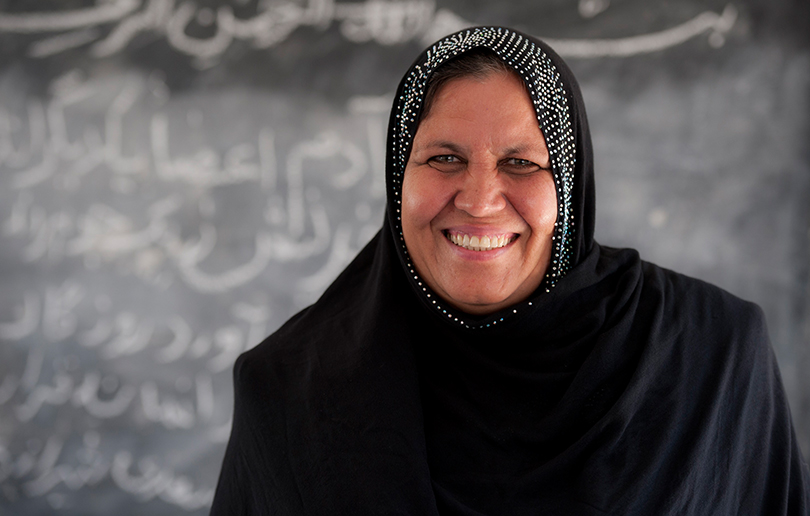
Born to a liberal family in Kabul and educated in Kandahar, Aqeela was trained to become a teacher. When she arrived as a refugee at the Kot Chandana camp in Pakistan, there were no operational schools in the local area: girls’ education was frowned upon and female teachers were unheard of.
Aqeela set up a school in a borrowed tent and worked hard to overcome resistance. Twenty families agreed to their daughters being educated and Aqeela initially focused on teaching subjects such as personal hygiene, home management skills and religious education. After gaining the trust of the community, Aqeela was able to introduce literacy, Dari language, mathematics, geography and history.
There was no money for resources like blackboards, so Aqeela stitched pieces of cloth with handwritten text to the tent walls and wrote books by hand at night. Her students traced their first words in dust on the floor.
Today, there are nine schools in the camp with many female teachers and over 1,500 students including 900 girls. Aqeela’s school has taught over 1,000 graduates, some of which have gone on to become doctors, engineers, government officials and teachers in Afghanistan.
Saying ‘No’ to Classroom Violence
Hanan Al Haroub
Al-Bireh, Palestine
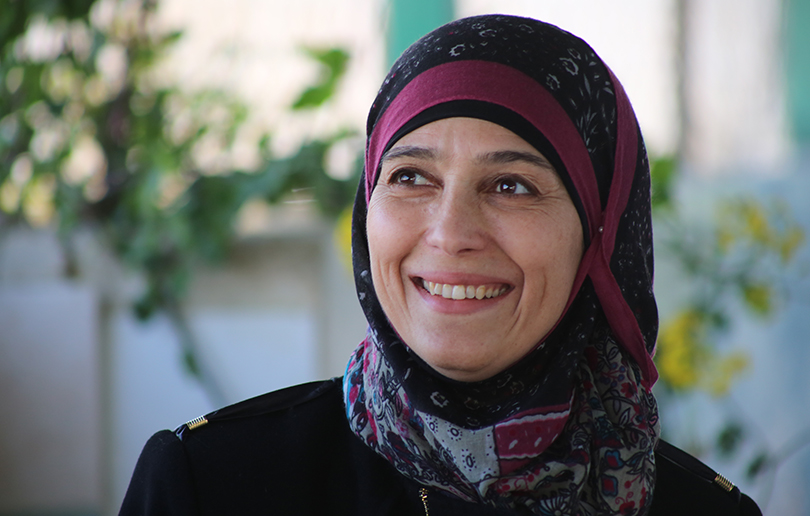
Hanan grew up in a refugee camp. She went into primary education after her children were left deeply traumatised by a shooting incident they had witnessed on their way home from school.
Her experiences in meetings and consultations to discuss her children’s behaviour, development and academic performance in the years that followed led Hanan to try to help others who, having grown up in similar circumstances, required special attention at school.
She focuses on developing trusting, respectful, honest and affectionate relationships with her students and emphasises the importance of literacy. She encourages her students to work together, pays close attention to individual needs and rewards positive behaviour.
Her approach has led to a decline in violent behaviour in schools where this is usually a frequent occurrence; Hanan has shared her perspective at conferences, meetings and teacher training seminars. She hopes that, with education, there can be an elimination of violence altogether.



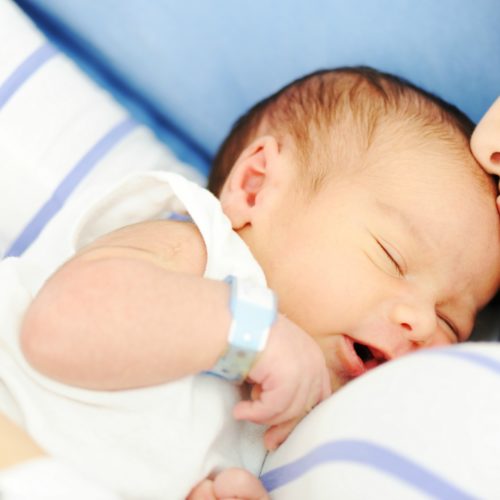
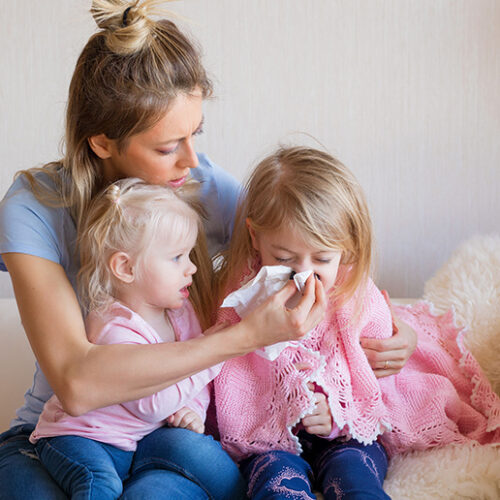






Comments